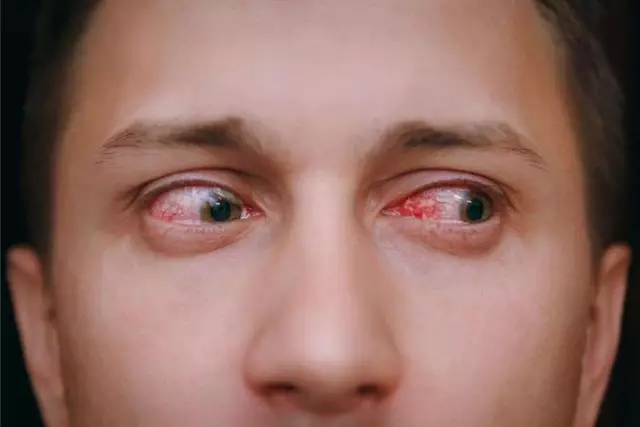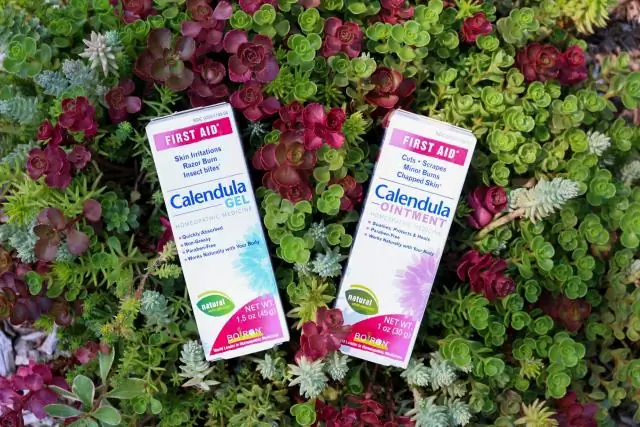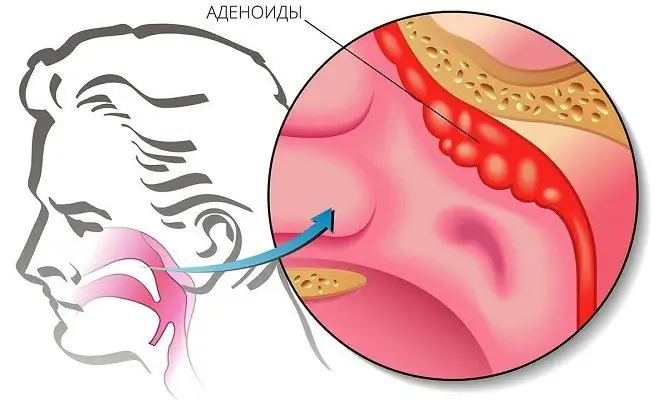- Author Rachel Wainwright wainwright@abchealthonline.com.
- Public 2023-12-15 07:39.
- Last modified 2025-11-02 20:14.
Homeopathic treatment

Homeopathy is a method of treating diseases with medicines diluted to extremely low concentrations. It is a method of alternative therapy, as opposed to allopathy, the method on which modern Western mainstream medicine is based. The founder of homeopathic treatment was Christian Friedrich Samuel Hahnemann, a doctor from Germany who lived and practiced in the late 18th and early 19th centuries.
Since its inception, homeopathic treatment has caused a lot of fierce controversy, so fierce that Dr. Hahnemann was once forbidden by royal decree from the manufacture of his medicines, despite their proven harmlessness. It should be noted that controversy about homeopathy is still ongoing, without losing any strength or relevance, and many articles on health are devoted to the opposition of homeopathy and allopathy.
Meanwhile, the principles of homeopathic treatment are interesting enough and deserve attention. There are three basic principles:
- Like cures like, in contrast to allopathy, which uses the principle of mutually destructive action of opposites. The principle of similarity in homeopathic treatment means that it is necessary to prescribe those drugs that cause an action similar to the action of the disease itself. It is assumed that by thus causing the body to respond to a drug stimulus, it is possible to achieve healing of the disease by the activated forces of the body itself.
- Since all medicinal substances are poisons, in order not to cause additional intoxication of the body, they should be diluted to literally microscopic, trace amounts. A number of studies undertaken by supporters of allopathy have revealed that in many homeopathic preparations the active substance is absent altogether, and the medicine consists exclusively of excipients - sugar, alcohol, etc. However, the results of the studies have not discouraged the supporters of homeopathy, who claim that homeopathic treatment works on a subtle, informational level, and sometimes the name of the drug and the doctor's confidence in it are enough. However, it should be recognized that in this case the homeopathic remedy turns out to be nothing more than a placebo.
-

The principles of homeopathic treatment are interesting enough Chronic diseases are caused by some external damaging agent, which Hahnemann called "miasms" - a harmful substance dissolved in the air.
Perhaps homeopathic treatment is not a panacea, nevertheless, it should be recognized that many things, such as safety, an individual approach to the patient, efforts aimed at activating the defenses of the body itself, are important in medicine, and in the interests of the patient are also desirable for supporters of the allopathic approach.
Found a mistake in the text? Select it and press Ctrl + Enter.






